
Chain-agnostic decentralized identity wallets are rapidly redefining how digital identity and Know Your Customer (KYC) processes function across the blockchain ecosystem. Rather than forcing users to repeat cumbersome verification steps for each new decentralized application (dApp) or platform, these wallets let individuals verify their identity once and reuse those credentials seamlessly on any supported chain. This paradigm shift is not just a technical evolution – it is a foundational change in how privacy, compliance, and user autonomy intersect in Web3.
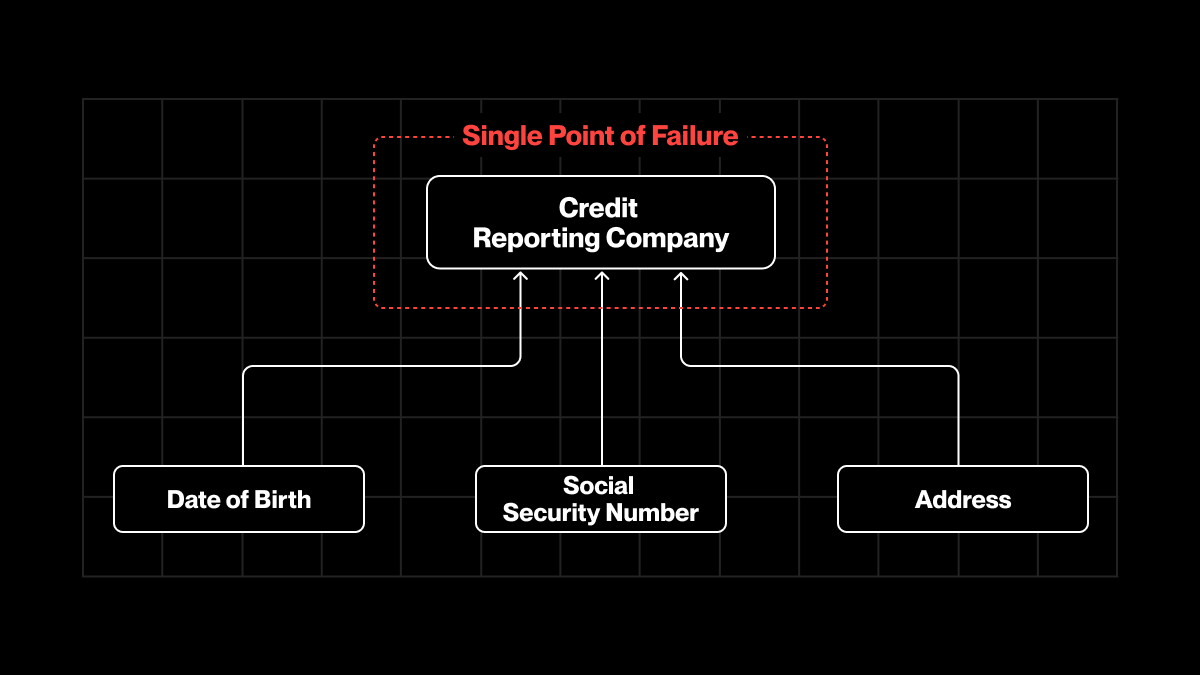
From Fragmented KYC to Seamless Identity Reuse
Historically, KYC procedures have been siloed and repetitive. Each exchange, DeFi protocol, or Web3 service demanded its own verification – leading to inefficiency and unnecessary exposure of personal data. Chain-agnostic identity wallets address this by leveraging decentralized identifiers (DIDs) and verifiable credentials (VCs), allowing users to complete KYC once with a trusted provider. These cryptographically signed credentials are then stored in the user’s wallet and can be presented as proof to any participating service across blockchains.
This innovation is already being realized in solutions like Privado ID’s multichain protocol, which enables users to verify their identity once and access services on any EVM-compatible chain or device. Similarly, Sumsub’s reusable digital ID suite on Solana demonstrates how verified credentials can be ported between platforms without repeated checks.
Privacy-Preserving Verification: Zero-Knowledge Proofs at Work
A critical advantage of these wallets lies in their privacy-preserving architecture. Using advanced cryptographic methods such as zero-knowledge proofs (ZKPs), users can prove eligibility criteria – for example, being over 18 or not residing in a sanctioned jurisdiction – without revealing extraneous personal information. This approach satisfies both regulatory requirements and the growing demand for data minimization.
The Altme wallet exemplifies this trend by issuing cryptographically signed proofs that are both reusable and easy to share while keeping sensitive information off-chain. This means that even when interacting with multiple dApps or cross-chain protocols, the user’s core identity data remains secure and under their exclusive control.
Interoperability: The Key to Cross-Chain Identity Management
The true power of chain-agnostic decentralized identity wallets emerges when considering interoperability across diverse blockchain networks such as Ethereum, Solana, NEAR, Arbitrum, and Tezos. As noted by leading industry voices, being chain-agnostic means your verified identity is portable – you are not locked into one ecosystem but can participate broadly without friction.
This cross-chain capability is enabled by frameworks like Chainlink’s Automated Compliance Engine (ACE) and CCID reusable identity framework, which allow investor identities and attestations to move freely between blockchains while preserving compliance integrity. Projects such as idOS Network now support KYC credential reuse across more than 40 chains, underscoring how rapidly this multi-chain vision is becoming reality.
For an expanded technical exploration of seamless onboarding via chain-agnostic decentralized identity wallets, see our dedicated coverage at this resource.
As the ecosystem matures, more platforms are adopting these interoperable standards, driving a wave of innovation in both user experience and regulatory technology. The integration of self-sovereign identity (SSI) principles means users can maintain full agency over their data, consenting to share only what is strictly necessary for compliance or access. This not only reduces the risk of data breaches but also aligns with global privacy frameworks and regulations such as GDPR.
Key Benefits and Leading Projects in Cross-Chain KYC Reusability
-

Enhanced User Experience: Chain-agnostic decentralized identity wallets streamline onboarding by allowing users to complete KYC verification once and reuse it across multiple blockchains and dApps, eliminating repetitive identity checks.
-
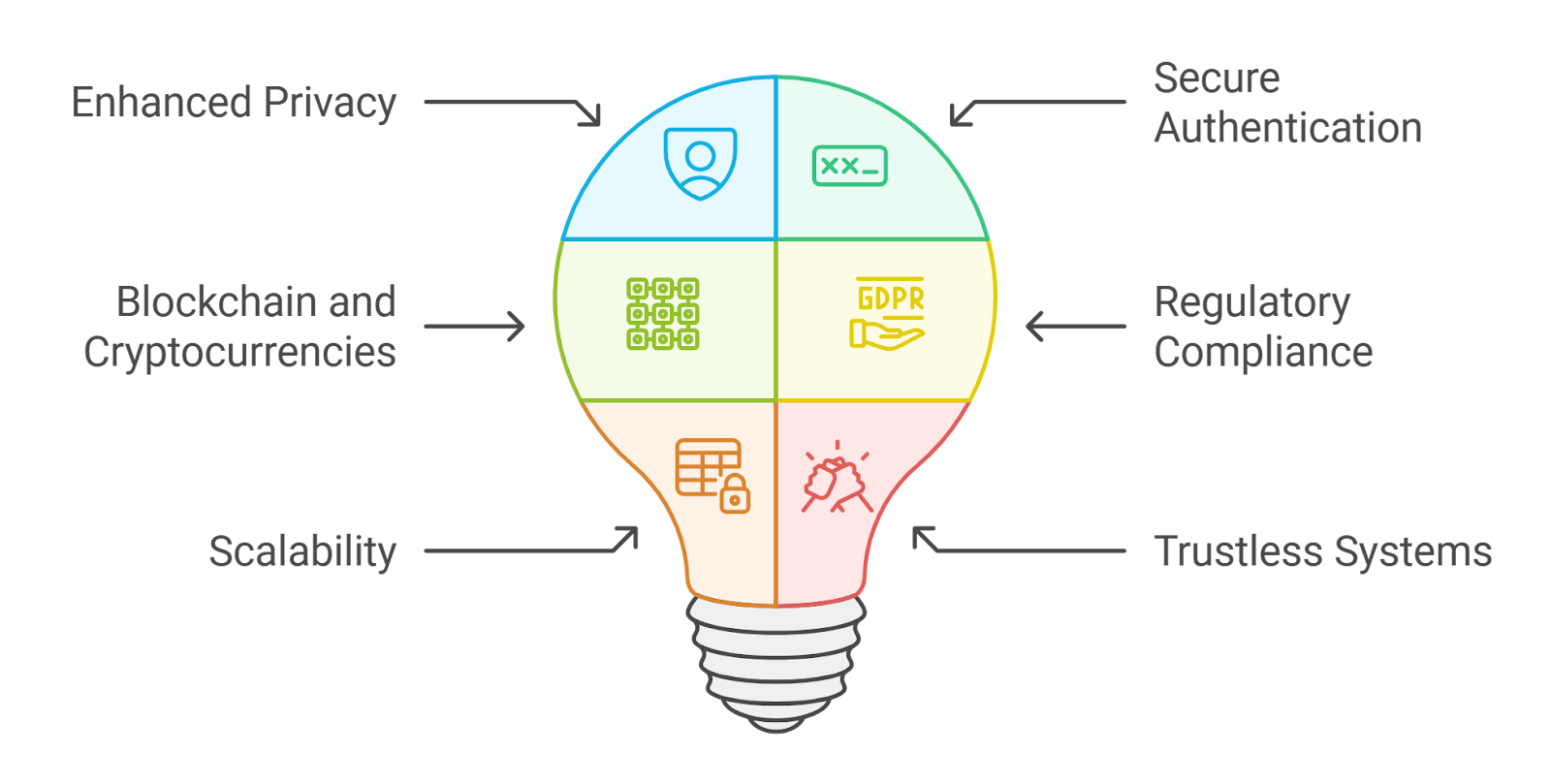
Improved Privacy and Data Control: These wallets leverage advanced cryptography, such as zero-knowledge proofs, enabling users to prove eligibility without exposing sensitive information, thus preserving privacy and granting full control over personal data.
-
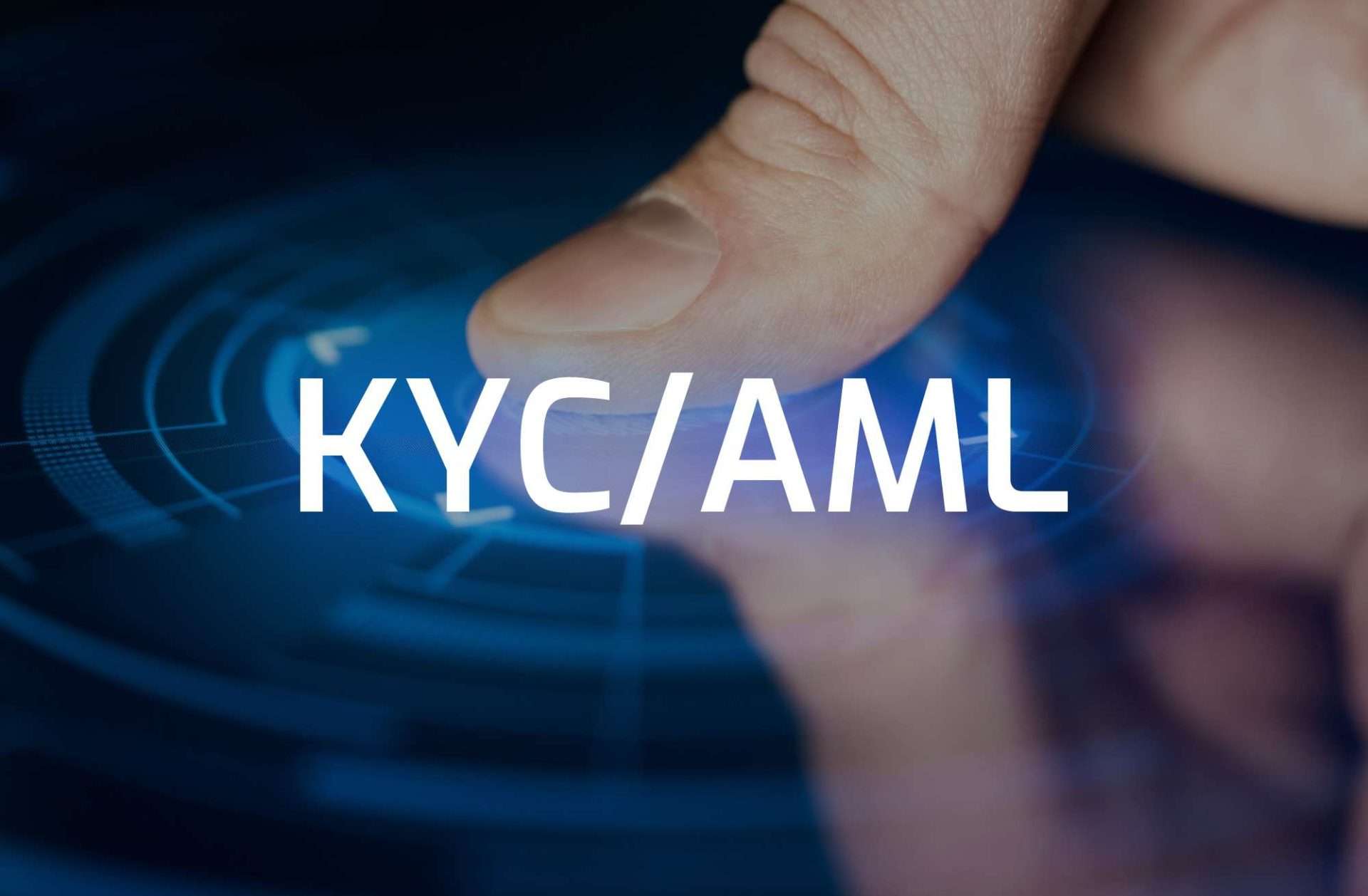
Regulatory Compliance Without Compromising Privacy: Chain-agnostic wallets facilitate adherence to KYC and AML regulations by enabling verifiable credentials, ensuring compliance while maintaining user anonymity.
-
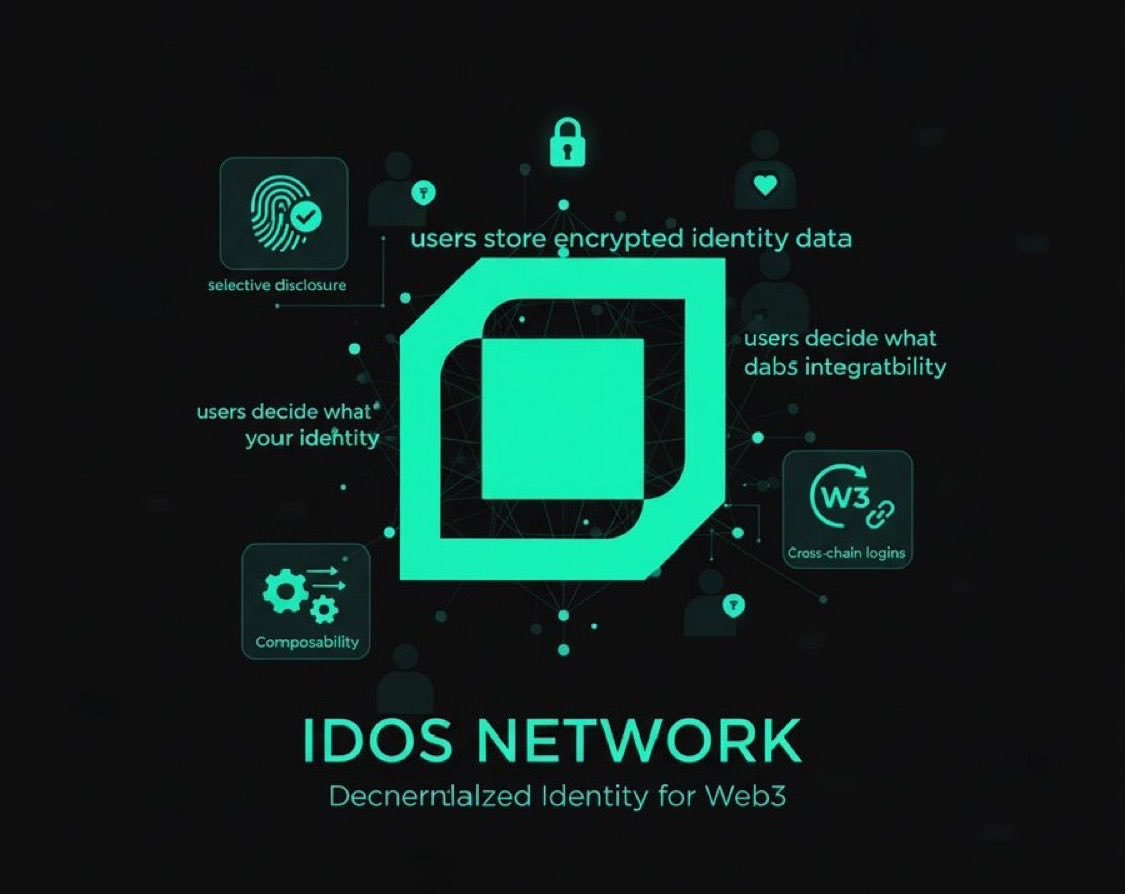
idOS Network: A leading project enabling users to complete KYC verification once and reuse credentials across over 40 blockchains, supporting self-sovereign identity management.
-
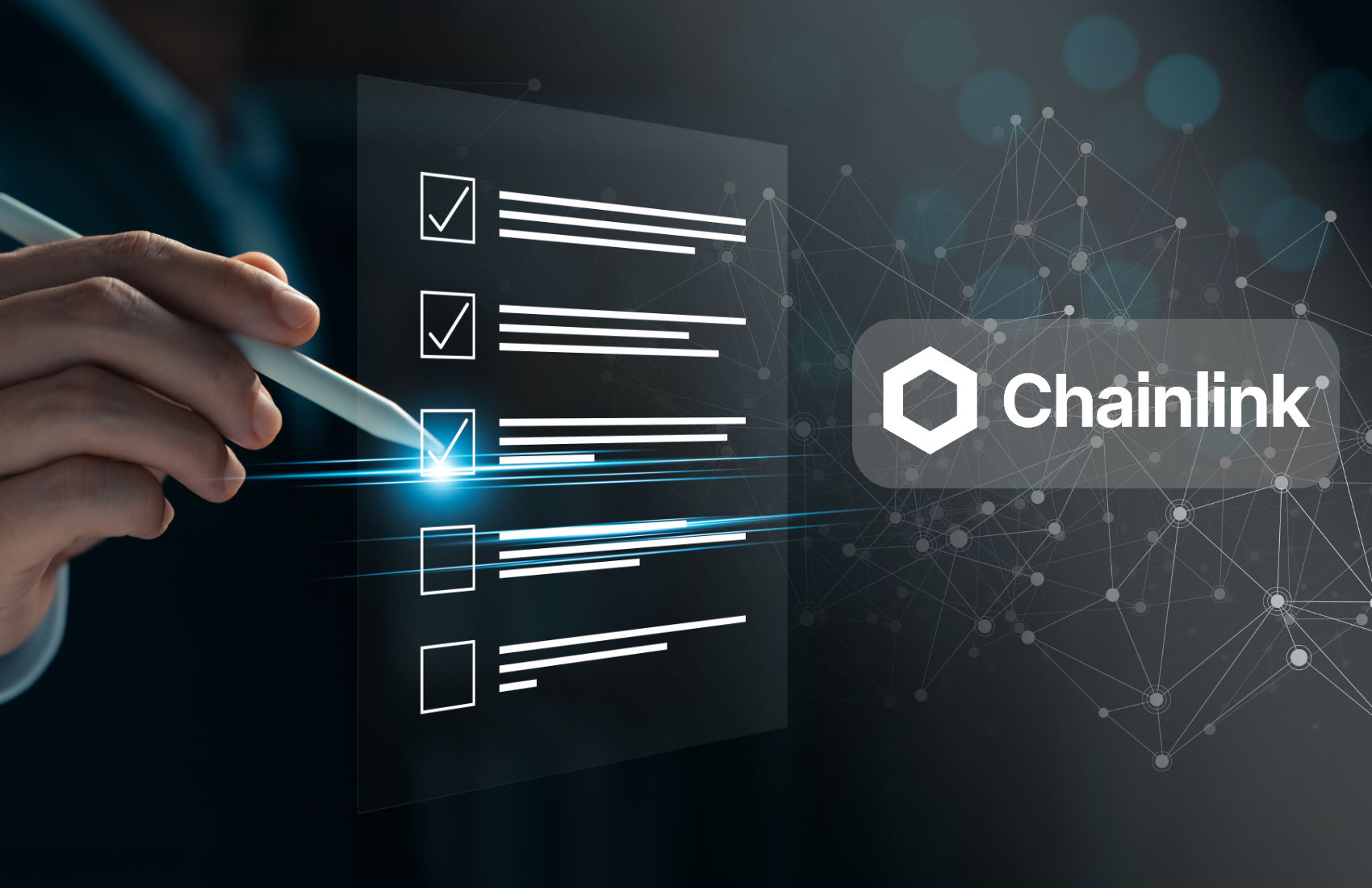
Chainlink Automated Compliance Engine (ACE): Chainlink’s ACE and CCID frameworks provide reusable, cross-chain investor identity and credential verification, supporting seamless compliance across multiple blockchain ecosystems.
-

Privado ID: Privado ID offers a chain-agnostic, multi-device protocol for unified digital identity, allowing users to verify once and reuse credentials across any EVM-compatible chain and device.
-
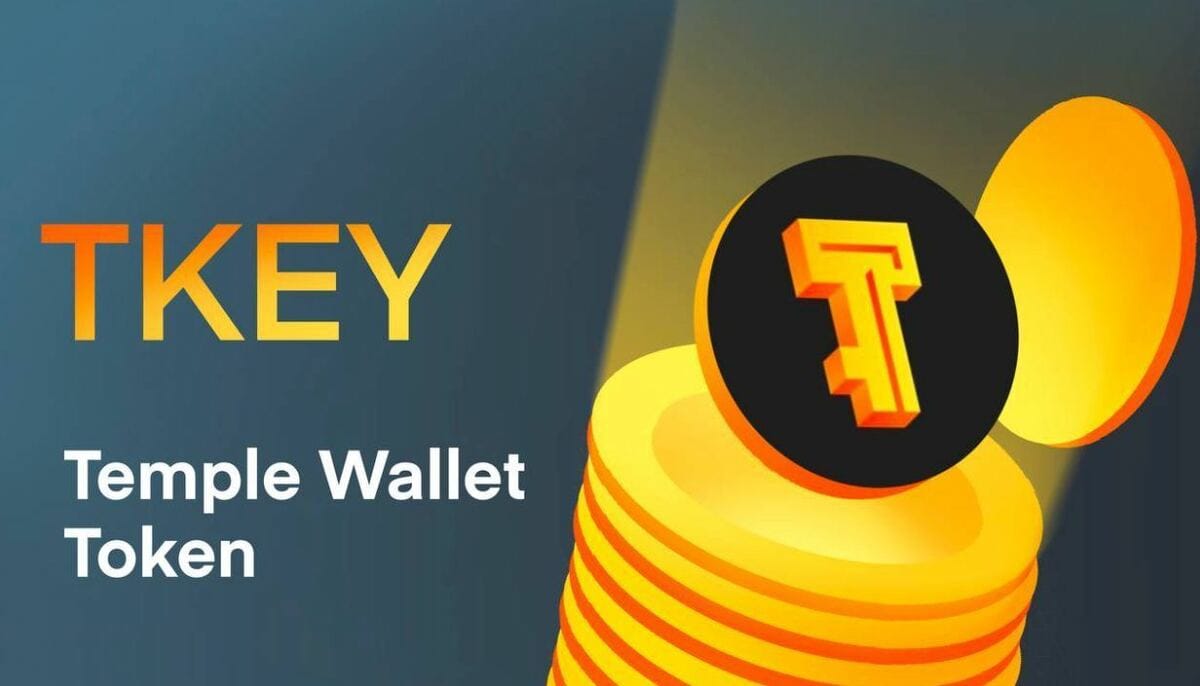
Altme Wallet: Altme enables users to verify their identity once and receive cryptographically signed, reusable proofs, making identity sharing secure and efficient across platforms.
-
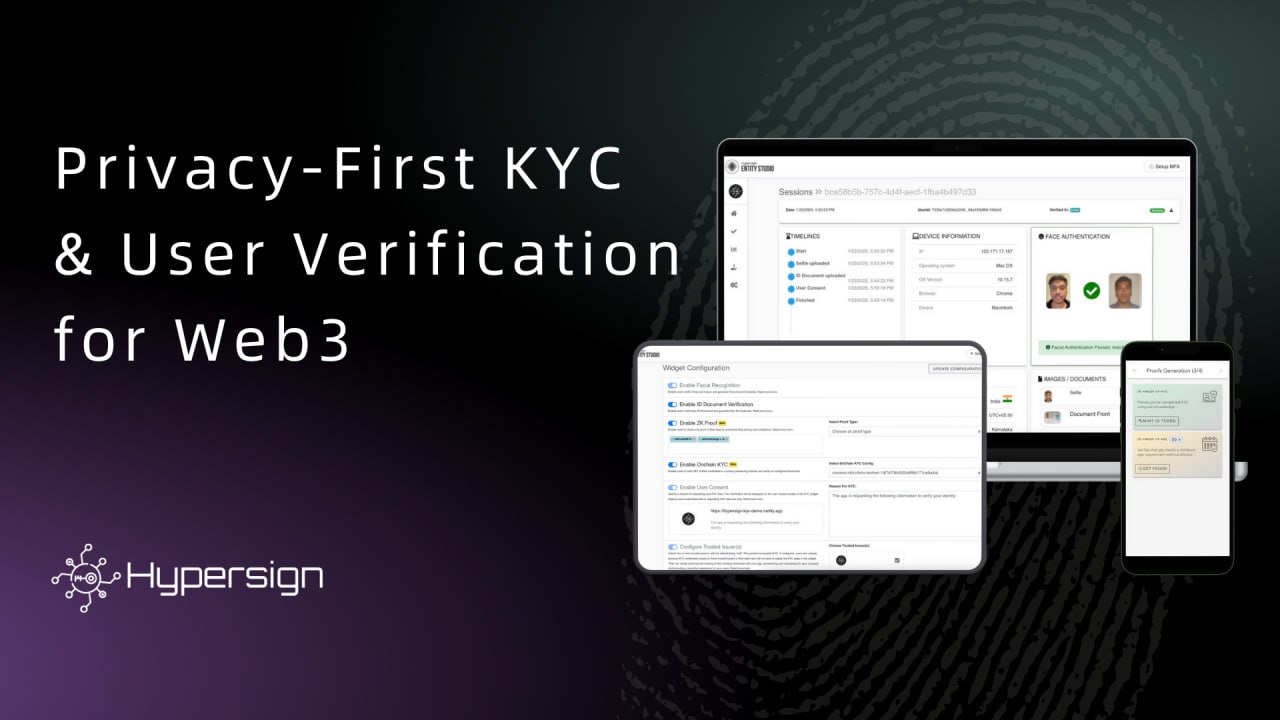
Hypersign and Chainlink Collaboration: This partnership integrates decentralized identifiers, verifiable credentials, and zero-knowledge proofs to enable on-chain, cross-chain KYC verification.
-

China RealDID: The national-level RealDID system in China empowers residents to access online services using decentralized identifiers and private keys, maintaining regulatory compliance and user anonymity.
The evolution of chain-agnostic identity wallets is also catalyzing new business models and compliance solutions. Enterprises can now onboard users faster, lower operational costs related to repeated KYC checks, and offer services to a broader audience without compromising on AML or KYC mandates. For users, this translates to greater convenience, enhanced privacy, and a more unified digital identity across DeFi, NFTs, gaming, and beyond.
Real-world deployments are already demonstrating the transformative impact of these technologies. For example, national-scale initiatives like China’s RealDID system showcase how decentralized identifiers can meet strict government requirements while preserving individual anonymity through cryptographic safeguards. Meanwhile, private sector collaborations such as Hypersign’s integration with Chainlink highlight how verifiable credentials and zero-knowledge proofs are becoming foundational for compliant yet privacy-preserving onboarding in Web3.
What’s Next for Decentralized Identity Wallets?
Looking ahead, the trajectory is clear: cross-chain identity management will be essential infrastructure for the next generation of Web3 applications. As more blockchains interconnect through standardized protocols and as reusable KYC becomes mainstream, expect to see:
- Broader dApp interoperability: Users will seamlessly move between DeFi platforms, NFT marketplaces, DAOs, and traditional financial services with a single reusable identity.
- Greater regulatory acceptance: Privacy-preserving digital KYC tools will help satisfy global compliance demands while reducing user friction.
- Ecosystem-wide efficiency gains: Frictionless onboarding will drive higher conversion rates for platforms and foster trust among participants.
This new paradigm not only empowers individuals but also enables organizations to innovate responsibly within evolving legal frameworks. As chain-agnostic decentralized identity wallets continue to advance in functionality and adoption, they are set to become the cornerstone of secure cross-chain interactions, delivering on the promise of a truly open and user-centric Web3 landscape.






